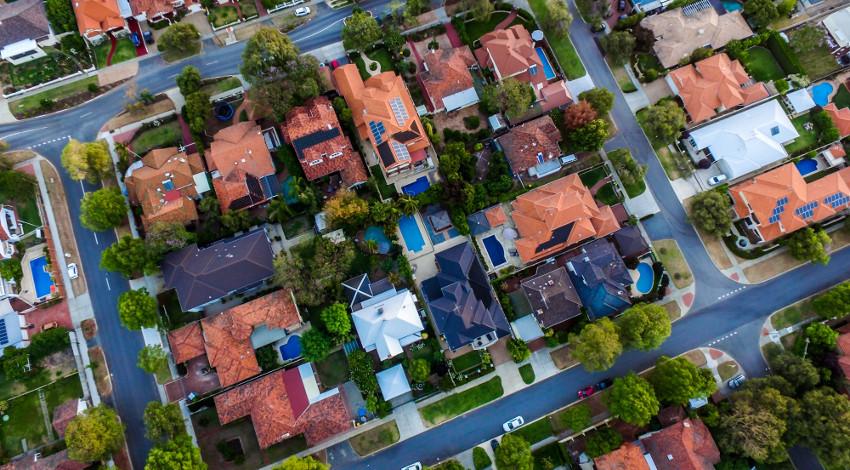Top Australian destinations for Chinese buyers are Melbourne, Sydney, Brisbane,
Adelaide and the Gold Coast. Photo: Maximillian Conacher
Chinese property investors eyeing Australian markets are unlikely to face any new foreign buyer taxes in 2018-19, following imposts being put in place or increased in top buying destinations over the past three years.
A new report released by property buying portal Juwai.com showed that only New Zealand is likely to impose taxes on foreign buyers of real estate in 2018-19, among the top destinations for Chinese investment.
Over the past 24 months, foreign buyer restrictions have been introduced or increased in six of Australia’s states and territories, as well as in Canada’s two largest provinces.
The report found that the top market for Chinese buyers, the United States, would likely remain so in 2018-19, being the only destination in the top 6 countries for Chinese investment to not have any restrictions or taxes.
In Canada, provincial taxes as high as 20 per cent of the property’s value apply, while in Australia, foreign buyers face Foreign Investment Review Board fees and vacancy taxes, as well as being shut from purchasing existing homes.
In addition, only Tasmania and the Northern Territory do not have a state-based tax on offshore property purchases. In other states the surcharges range from a 0.75 per cent land tax surcharge in the ACT, to an 8 per cent impost in New South Wales.
WA, Queensland, Victoria and South Australia all have a 7 per cent surcharge in place on foreign property buyers.
Foreign buyers are required to pay capital gains on any properties sold prior to five years from purchase in New Zealand, while the Kiwi government is also considering banning offshore buyers from purchasing existing dwellings.
Capital gains taxes also apply to foreign property purchases in the United Kingdom.
In Thailand, foreign buyers are barred from owning land, however, offshore purchasers can enter a 30-year lease or purchase the property through a Thai-registered company, which must be at least 51 per cent owned by a Thai citizen.
Source:Australia China
Please
contact us in case of Copyright Infringement of the photo sourced from the internet, we will remove it within 24 hours.
